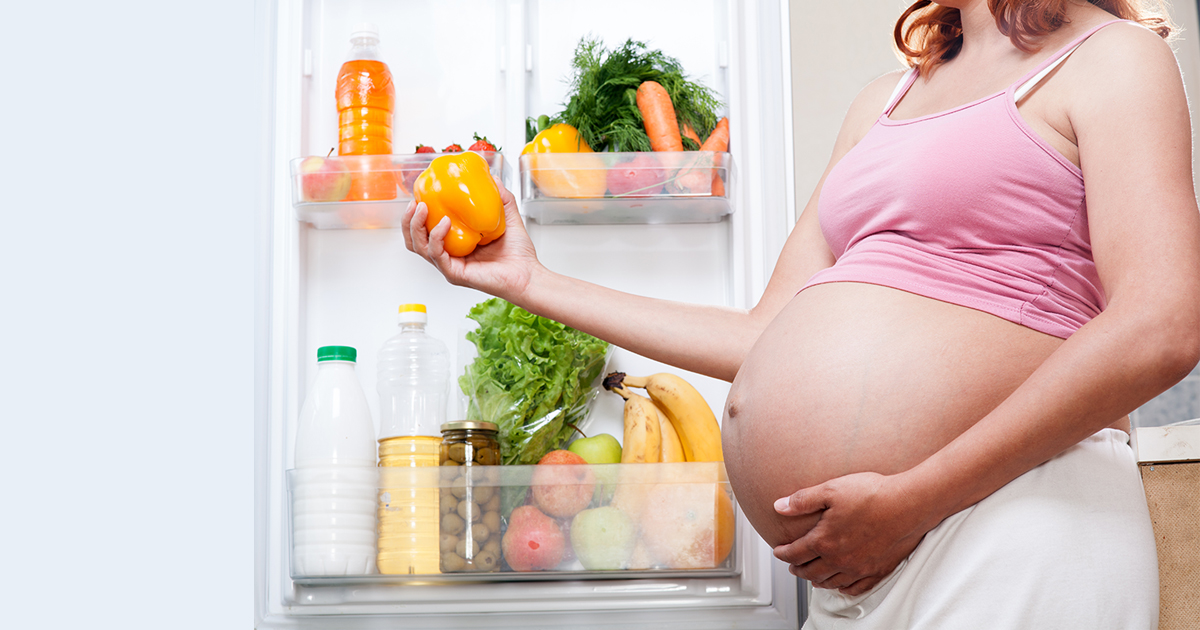Pregnancy demands extra nourishment and optimal nutrition that can supplement your need for additional calories without making you gain too much weight. Lots of protein, fiber, and essential vitamins and minerals must form an integral part of your diet plan. You need to be able to gather all the nutrients that you need through your food so that you do not have to depend on more supplements than you are prescribed for the health of your baby and yourself.
We bring you some of the best foods that you can safely consume during pregnancy within healthy limits can help you gain healthy weight and prevent any nutritional deficiencies that could harm you or your baby.
#1 Eggs
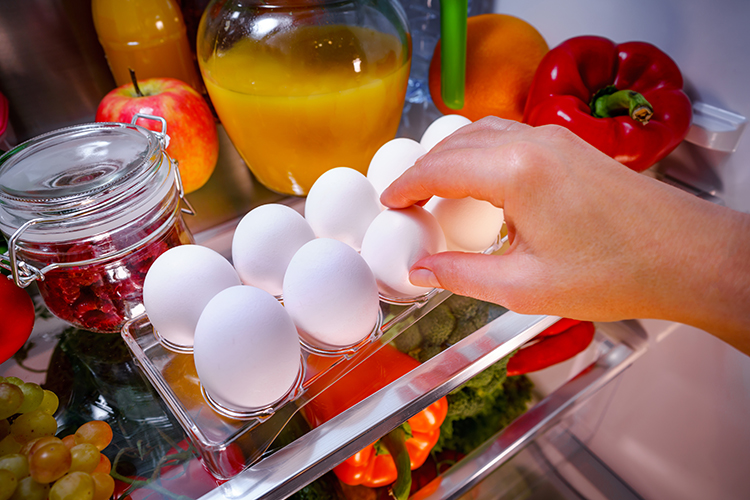
Consumption of eggs during pregnancy is safe as long as they are thoroughly cooked or pasteurized before consumption. Women should not consume eggs unless they have been completely cooked to a temperature of at least 71 degrees Celsius, according to specified standards. If the egg is to be boiled, poached, or fried, it should be cooked until the white has hardened and the yolk has begun to thicken.
Eggs are a great source of a wide range of nutrients. Eggs are a high-protein food that also contains a variety of vitamins, minerals, omega-3 fatty acids, and antioxidants. All of these elements are required for the infant’s appropriate growth and development. With just one serving, eggs provide nearly all of the increased protein and other nutrients that women need when pregnant.
#2 Spinach

Spinach is a leafy green vegetable that is loaded with various vitamins and minerals. Consuming spinach has been shown to reduce the risk of developing cancer, aid control of blood pressure, and improve eyesight. Because spinach is rich in vitamins A, B vitamins, and C, as well as phosphorus, salt, potassium, and magnesium, eating spinach during pregnancy might have a strong positive impact on the growth and development of the baby in the uterus.
Folic acid, also known as folate or vitamin B9, is a nutrient that is essential for preventing miscarriages in pregnant women and is found in high concentrations in spinach. It aids with the development of the fetal spine as well as cognitive capabilities.
#3 Salmon
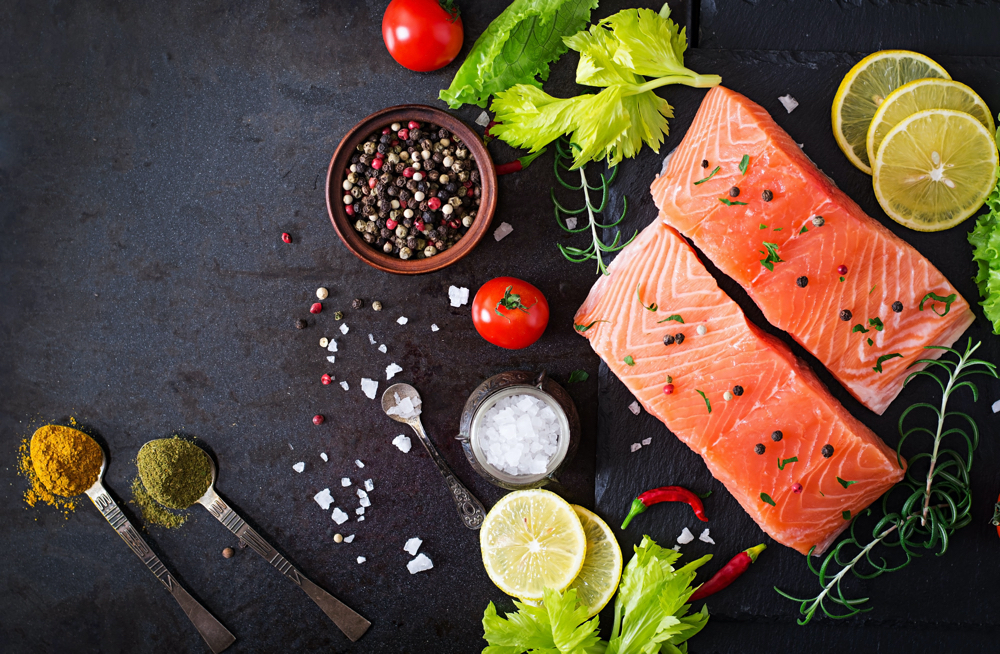
Salmon is good for both the mother and the child. Salmon is a nutrient-dense, low-fat fish. It also protects you and your child from a variety of diseases. Omega-3 fatty acids are beneficial to your heart, vision, and the brain development of your child. Salmon is heart-healthy because it decreases blood pressure, cholesterol, and artery clotting. DHA is abundant in salmon. This aids in the development of the fetal brain.
#4 Dark Chocolate
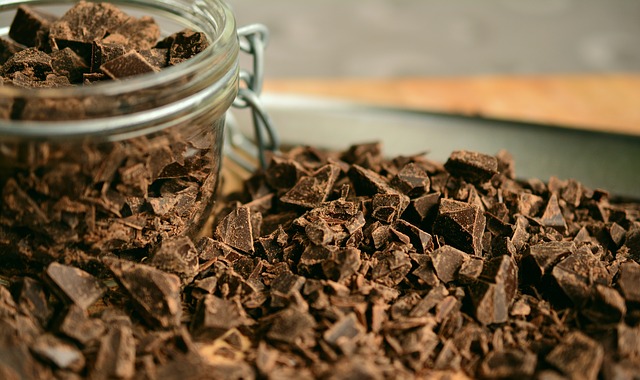
Dark chocolate contains flavonoids, a polyphenol molecule high in antioxidants. Flavonoids may aid vasodilation, which decreases blood pressure. Dark chocolate may boost placenta nutrition by increasing blood flow in the uterus. In the third trimester, visit your doctor and talk to them about potentially cutting back on chocolate and substances like green tea even if they contain flavonoids.
#5 Garlic
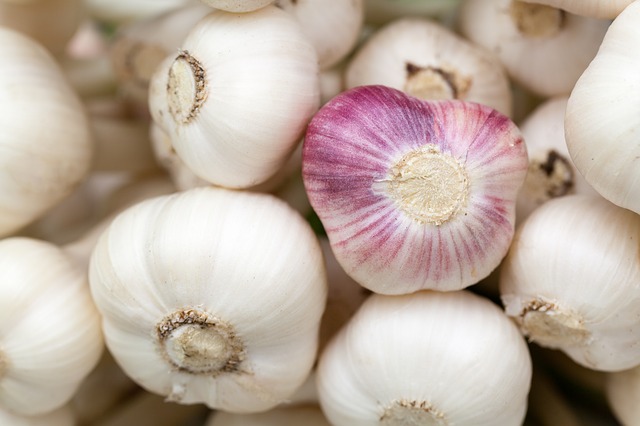
Garlic is most commonly preferred in cuisines for the aroma and flavor that it contributes. It has several medicinal properties and it may help in preventing a condition known as preeclampsia that could affect you during the later stage of your pregnancy. Garlic also has the potential to prevent spontaneous delivery of the baby that could occur before the term of the pregnancy is over. Garlic also has properties that could improve the functioning of your immune system.
#6 Lentils
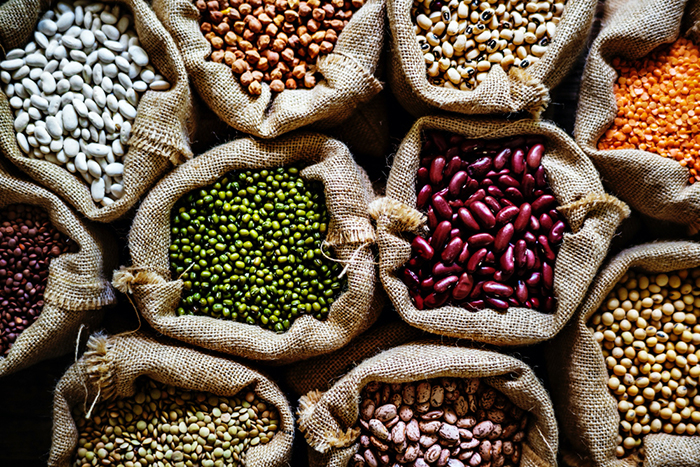
During your pregnancy, it is beneficial for you to consume legumes like lentils since they can supply you with essential nutrients including B vitamins, iron, manganese, and potassium. These nutrients, particularly folate, are essential for the baby’s normal growth and development throughout the pregnancy. In addition to providing you with sufficient quantities of fiber and protein, you may be able to enjoy several other nutritional benefits as well.
Because of their high protein content, lentils are beneficial for the growth of the muscles in the fetus. Lentils’ high fiber content is beneficial in the treatment of conditions that affect the intestinal tract.
#7 Avocados
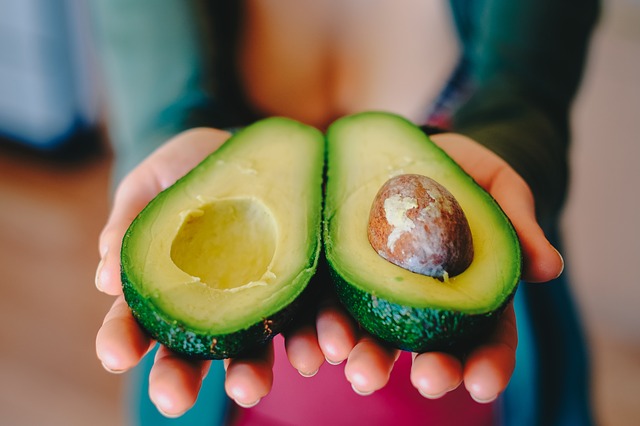
Avocados are an excellent source of a wide variety of vital nutrients, including potassium and folate. These constituents are critical to the optimal growth of the fetus as well as its healthy development during gestation.
Due to the high concentration of vitamins and minerals that avocados possess, consumption of these fruits during the third trimester of pregnancy is not only perfectly safe but also highly recommended.
Energy, carbs, vitamins, and minerals can be obtained in healthy amounts from this superfood. To minimize any potential negative effects, you should try to limit your consumption of avocados to no more than once per day.
#8 Broccoli
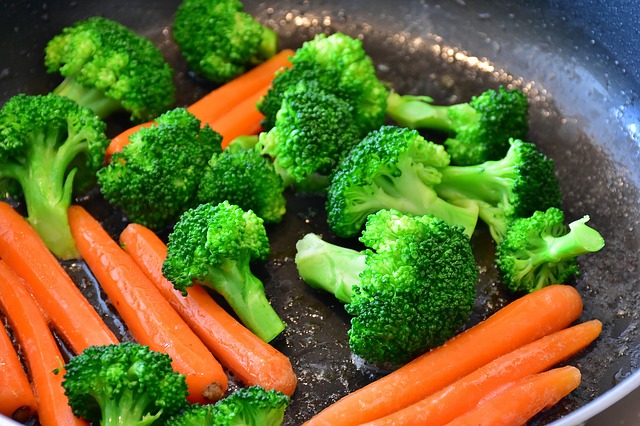
Broccoli consumption in moderate amounts is thought to be safe during pregnancy. Broccoli is high in a variety of minerals, including vitamins A, C, K, and B6, calcium, folate, fiber, and antioxidants. Incorporating this nutrient-dense item into your diet ensures a steady supply of hemoglobin, strengthens bones, avoids skin ailments and birth defects, and enhances the number of nutrients you consume. During pregnancy, your body requires more iron, and if you don’t receive enough, you could get anemia. Broccoli may be advantageous to your health because it is high in iron and folic acid.
#9 Dates
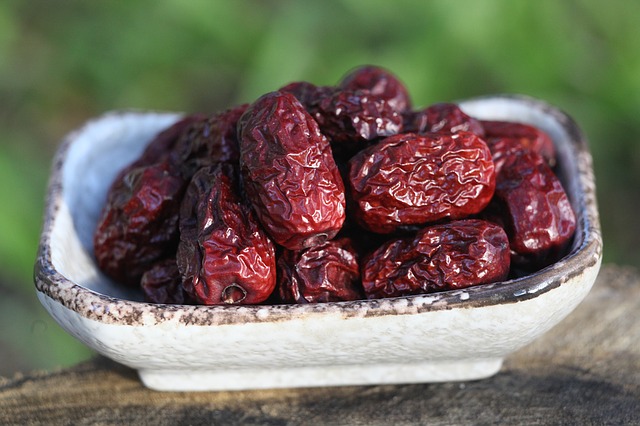
Dates contain fast-digesting fructose that provides rapid energy without affecting blood sugar. Dates also contain laxatives that help uterus contractions and shorten labor. They could minimize the risk of anemia, help with alleviating morning sickness, manage blood pressure and blood sugar, remove toxins, promote immunity, and maintain healthy calcium levels. In fact, dates could promote levels of oxytocin, which increases uterine sensitivity. Dates have saturated and unsaturated fatty acids for energy.
Food That You Should Avoid During Pregnancy
Now that we have taken a look at the different foods that you should be eating during pregnancy, let’s also consider some of the foods that you must completely avoid. These include:
#1 Alcohol
Alcohol consumption should be avoided at all costs during pregnancy. It considerably raises the odds of a pregnancy terminating in stillbirth or a miscarriage. Consuming alcohol during pregnancy has the additional effect of slowing down the mental growth of your unborn baby. Your child may be affected by a condition known as fetal alcohol syndrome. This can cause birth abnormalities in the heart and brain.
#2 Uncooked or Partially Cooked Eggs
Salmonella has an extremely high likelihood of being found in raw eggs due to its unpasteurized state. Pregnant women may experience mild to moderate symptoms as a result of them. However, in rare cases, they can become severe and lead to early delivery or even death of the unborn child. Eggs lightly scrambled in handmade ice cream, homemade mayonnaise, and other similar dishes that typically contain uncooked eggs must be avoided at all costs during pregnancy.
#3 Caffeine
Caffeine consumption was probably a common feature of your routine before you discovered that you were pregnant; however, the moment has come for you to give up your daily cup of coffee for the next year.
Tea, soft drinks, chocolate, and energy drinks are a few of the other liquid beverages that contain caffeine. Caffeine use is not technically prohibited; however, if you want to maintain your health, you should not exceed the recommended daily limit. The daily limit is 200 milligrams of caffeine.
It is essential for women who are expecting a child to maintain a diet that satisfies not only their own nutritional needs but also those of their growing child. This is because pregnancy may be a trying time for both the mother and the unborn child.
Because you are consuming food for two individuals while you are pregnant, the quality of the nutrition is more important than the quantity of food that you consume during this time. Consuming a diet that is high in nutrients is more essential than it has ever been.

